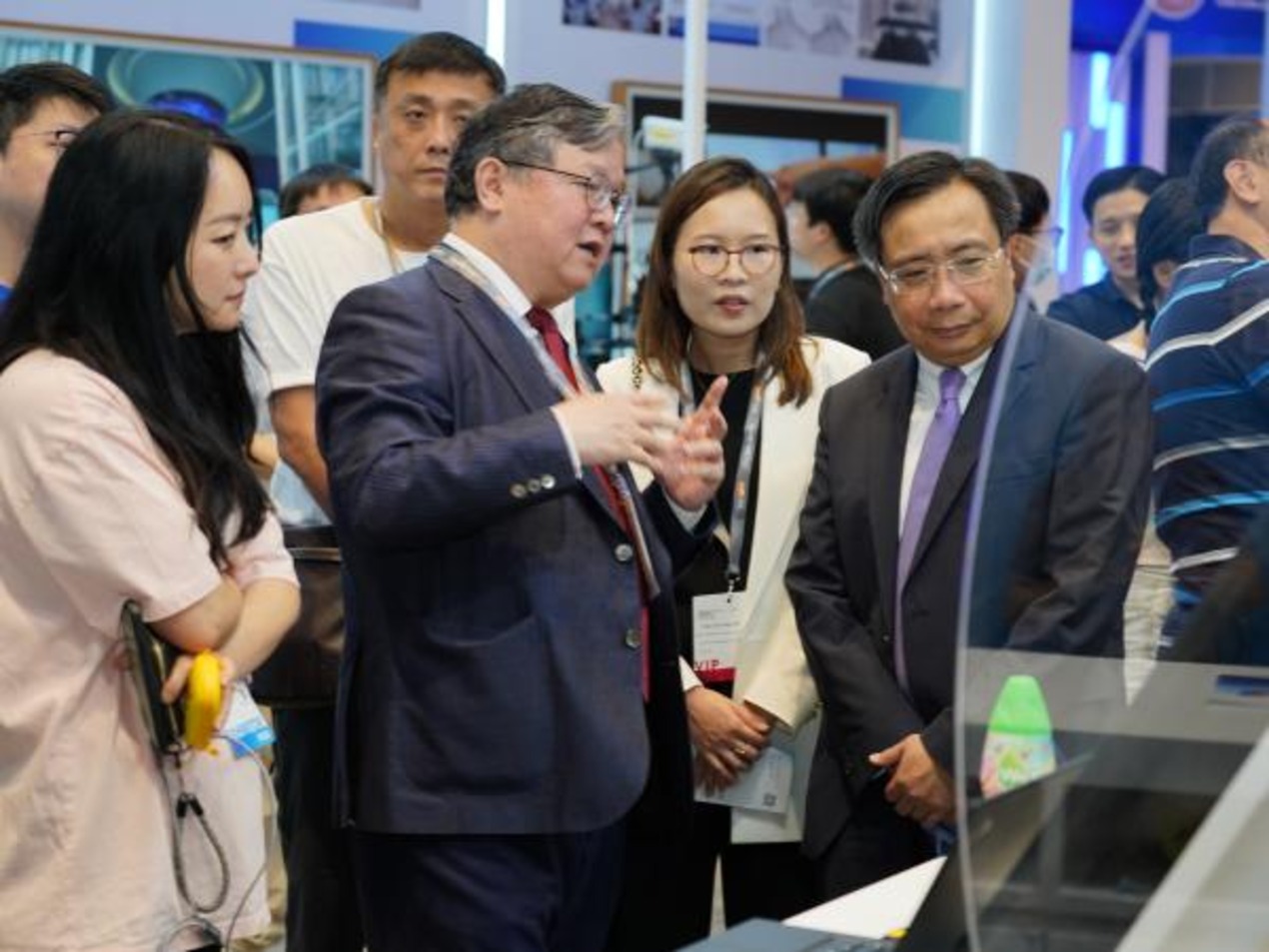
Researchers at the Indian Institute of Technology in Bombay (IIT-Bombay) have created an AI model to diagnose two species of malaria parasites by studying the changing trends of proteins in human blood. The project has been funded by the Department of Biotechnology.
According to a news report, the researchers recently developed proteomics technologies and made an artificial intelligence (AI)-based model in collaboration with three different hospitals across India. The model differentiates between two malaria parasites – P falciparum and P vivax – for better malaria diagnosis.
The researchers, from the Department of Biosciences and Bioengineering, collected blood samples for strains of P falciparum, P vivax, and dengue from across the country. Including the Medical College Hospital in Kolkata, Sardar Patel Medical College in Bikaner, and Dr LH Hiranandani Hospital in Mumbai, along with blood samples of healthy people. Then, the team created a dataset to train the AI model.
The dataset was analysed, and the researchers studied the protein levels from blood plasma against the severity of malaria to create quantifiable data. The majority of malaria cases in India come from the malaria-vulnerable population, including workers at construction sites in malaria-endemic regions. These are regions without a proper drainage system, leaving standing water for days to facilitate mosquito breeding.
Other parts of the malaria-vulnerable population include people without awareness of the harmful effects of the standing water in their localities during the malaria season. The main issues at the time of the disease are quick diagnostic aids, which describe the causative agent of the disease, a researcher from the study explained.
Currently, the team is focused on creating a prototype of a diagnostic kit so that the technology is available for the mass-detection of the disease. The kit can be used to compile these panels of proteins for diagnostics and prognostic purposes. Once this prototype is ready, the team will compare the kit with the currently used RDT kits. The study involves a panel of proteins, which will help in the reduction of false-positive and false-negative results.
Since 2000, India cut malaria cases by more than half and the number of malaria deaths by more than two-thirds. Ending malaria remains a top government priority. In 2016, India introduced its first National Framework for Malaria Elimination (2016-2030). In 2019, the government increased funding by more than 25% for the National Vector Borne Disease Control Programme.
At present, malaria diagnosis is undertaken by manually studying the blood samples for the parasites which still has difficulty in determining the progress of the disease. In the case of malaria, P falciparum, P vivax and other species are not differentiable through RDTs and ideally need an expert eye along with intensive work of looking at 100 fields of blood smear using microscopy, the gold standard for malaria diagnosis, the researcher noted.
During malaria season, the number of cases is high, resulting in an increased burden on clinicians for manual diagnosis. If the diagnosis, along with the timely progression prediction from non-severe malaria cases to severe, before the development of clinical manifestations is made for clinicians, then the treatment can be specific and efficient.
















